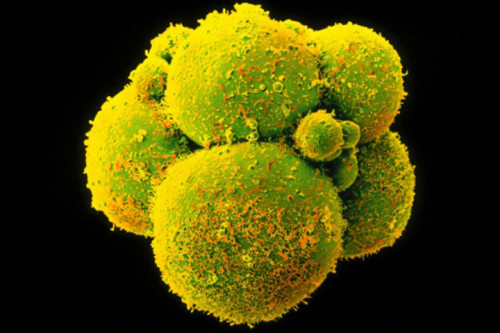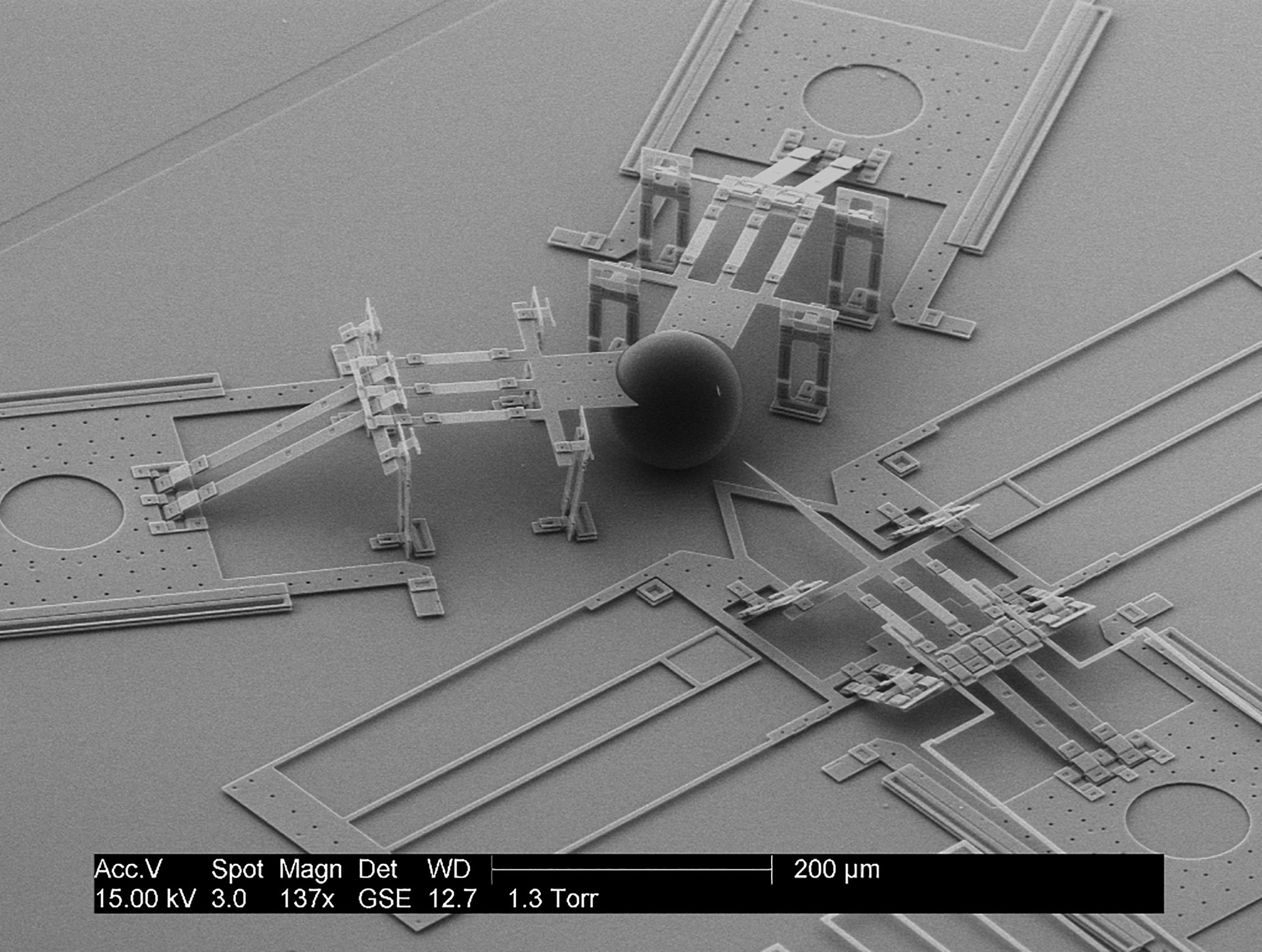The Chinese are ahead of the rest: Changing human DNA
While Europeans are thinking about ethical changes in the DNA of human embryos, our Chinese friends are doing the world's first human DNA editing.

Chinese scientists said that for the first time in history they were able to make changes to the genetic code of human embryos.
A research team from Sun Yat Sen University in Guangzhou has managed to replace the DNA segment responsible for the development of a serious disease. Potentially, this kind of intervention can lead in time to cure many genetic diseases and even give humanity the opportunity to correct the external and intellectual deficiencies of the child before birth. With the right approach and careful research in the near future, it will be possible to make a generation of super-people in many senses of the word.
')
Although, this may never happen, as many scientists are trying to block all research using CRISPR technology to change DNA, so as not to violate the “ethical principles” of interfering with nature’s processes, although the fact that DNA reconfiguration is also obvious to many people it does not differ much from the reconfiguration of various molecules consisting of similar “data blocks” of nature.
Research results
According to scientists, zygotes were used for work that could not develop into a viable fetus. At the same time, of the 86 zygotes in the process, only 71 survived, and of the survivors, only four managed to replace the “problem” region of DNA. As a result, scientists have recognized the technology used is too "raw."
The work has caused controversy about the ethical side of the issue, since changing the human genome in many countries of the world is banned, and research is conducted mainly outside Europe and the United States.
According to the publication on the science N + 1 , the largest scientific journals Nature and Science refused to publish the results of a study of Chinese scientists. As a result, it came out on the pages of Protein & Cell, and Nature issued a brief overview and pointed to the resumption of ethical debate.
In the winter of 2014, Chinese researchers published data on the editing of the monkey's genome, which was also able to be changed at the zygote level. The effectiveness of the procedure was much higher and forced the experts to talk about a breakthrough in genetics.
As Carl Zimmer points out at National Geographic, there were several serious problems with work, including the fact that the CRISPR technique often did not hit the target, inserting DNA into the wrong place in the genome. “Such a misfire would not only not correct the disease,” writes Zimmer. “But it could even create it.” He adds that, despite this and other errors, there was nothing in the work of researchers that could “conceptually spoil” using the CRISPR technique for editing human genes. Future work and research is likely to improve the accuracy and efficiency of the technique. However, this will only lead to new and deeper problems.
This is how a nanoinjector for DNA injection into cells looks like

But
Injection animation

AND
The process of working with a mouse zygote

By the way, do you personally think it is ethical to reprogramming an embryo to achieve all the possible improvements that can be achieved as a result of research, even taking into account that in the early stages of research, some embryos can be lost (which, by the way, are not even aware of that they began to develop as a living organism)?
Source: https://habr.com/ru/post/374989/
All Articles